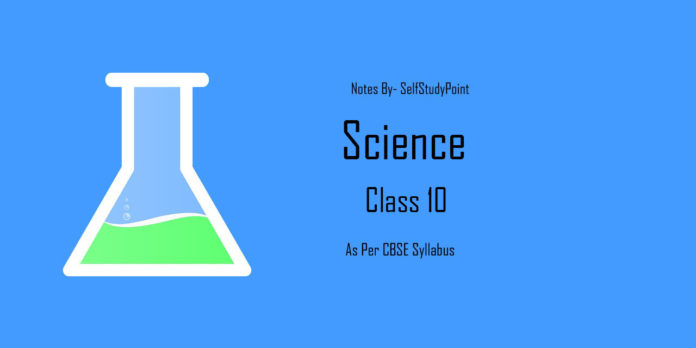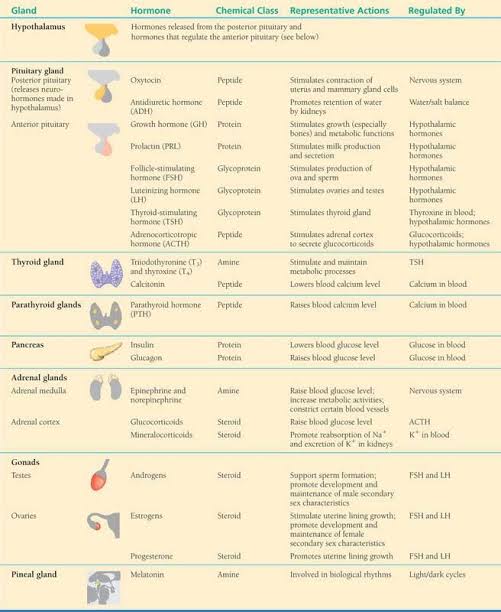
Hormones
Hormones are chemical compounds which help to coordinate growth, development and responses to the environment.
Plant Hormones
Main plant hormones are:
Auxin
Auxin is a plant hormone produced in the stem tip that promotes cell elongation.
Gibberellin
Gibberellins (GAs) are plant hormones that regulate growth and influence various developmental processes, including stem elongation, germination, flowering, enzyme induction, and leaf anf fruit senescence (falling).
Cytokinins
Cytokinins (CK) are a class of plant growth substances (phytohormones) that promote cell division, or cytokinesis, in plant roots and shoots. They are involved primarily in cell growth and differentiation, but also affect apical dominance, axillary bud growth, and leaf senescence.
Abscisic acid
Inhibits growth, cause wilting of leaves. (Stress hormone).It promotes the closing of stomata (during adverse rough condition) them by reducing the water loss.
HORMONES IN ANIMALS
Hormones are the chemical substances secreted by the endocrine glands and transmitted by the blood to the tissues on which it has a specific effect.

Iodised Salt is Necessary because thyroid gland needs iodine to make thyroxine which helps in regulating the metabolism of carbohydrates, fats and proteins. Deficiency of iodine causes a disease called goitre.
EXAMPLE:
Diabetes Cause: It is due to deficiency of Insulin hormone secreted by Pancreas that is responsible to lower/control the blood sugar levels.
Treatment: Common diabetes can be controlled by medicine but in severe cases. Injections of insulin hormone are given to the patients.
Feedback Mechanism: The excess or deficiency of hormones has a harmful effect on our body. Feedback mechanism makes sure that hormones are secreted in precise quantities and at right time.

